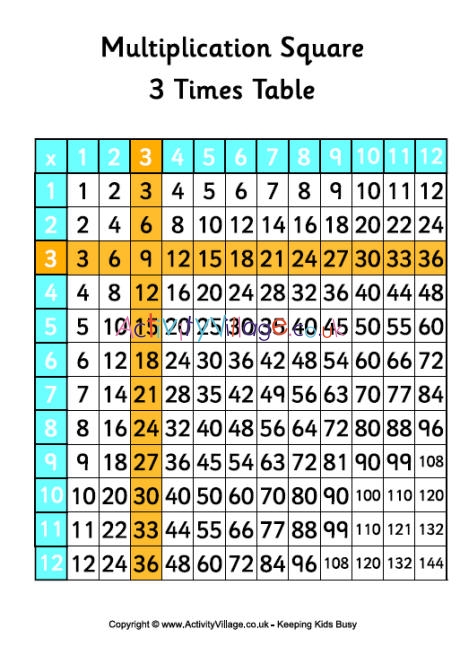
Only pasteurized, 100% fruit juices (without added sugar) may be given to older babies and children, but should be limited to 4 ounces a day. The AAP recommends not giving fruit juices to infants younger than 1 year old. Cow's milk doesn't provide the proper nutrients for your baby. Infant cereals with iron should be given to your infant until your infant is age 18 months.Ĭow's milk shouldn't be added to the diet until your baby is age 1. They may contain botulism spores that cause food poisoning. Take special care with fruits and vegetables that come into contact with the ground.

Always wash and peel fruits and vegetables and remove seeds or pits. Canned foods may contain large amounts of salt and sugar and shouldn't be used for baby food. Start with dry infant rice cereal first, mixed as directed, followed by vegetables, fruits, and then meats.ĭon't use salt or sugar when making homemade infant foods. Start with small amounts of new solid foods - a teaspoon at first and slowly increase to a tablespoon. This way you can tell what foods your baby may be allergic to or can't tolerate. Give the new food for 3 to 5 days before adding another new food. When starting solid foods, give your baby one new food at a time - not mixtures (like cereal and fruit or meat dinners). These are some things to consider when feeding your baby: Guide for formula feeding (0 to 5 months) Your baby's healthcare provider can recommend the proper type and amount of vitamin D supplement for your baby. It's now recommended that the minimum intake of vitamin D for these groups should be 400 IU per day, starting soon after birth. In November 2008, the AAP updated its recommendations for daily intake of vitamin D for healthy infants, children, and adolescents.

The American Academy of Pediatrics (AAP) recommends that all infants, children, and adolescents take in enough vitamin D through supplements, formula, or cow's milk to prevent complications from deficiency of this vitamin. Your baby isn't physically developed enough to eat solid food from a spoon.įeeding your baby solid food too early may lead to overfeeding and being overweight.

Solid foods should not be started before age 4 months because:īreast milk or formula provides your baby all the nutrients that are needed for growth. Recommended feeding guide for the first yearĭon't give solid foods unless your child's healthcare provider advises you to do so. Starting good eating habits at this early stage will help set healthy eating patterns for life. It's important to feed your baby a variety of healthy foods at the proper time. More growth occurs during the first year than at any other time in your child's life. Making appropriate food choices for your baby during the first year of life is very important.


 0 kommentar(er)
0 kommentar(er)
